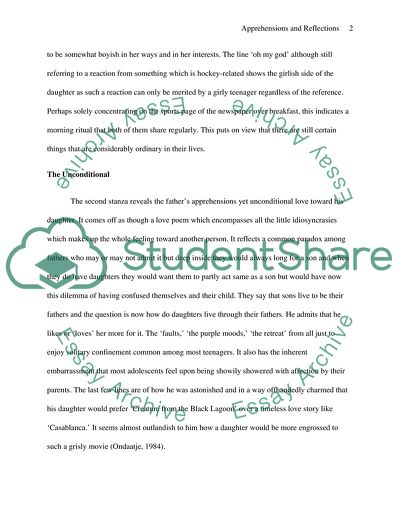Cite this document
(Paternal Affections in To a Sad Daughter Book Report/Review, n.d.)
Paternal Affections in To a Sad Daughter Book Report/Review. Retrieved from https://studentshare.org/literature/1730713-eng
Paternal Affections in To a Sad Daughter Book Report/Review. Retrieved from https://studentshare.org/literature/1730713-eng
(Paternal Affections in To a Sad Daughter Book Report/Review)
Paternal Affections in To a Sad Daughter Book Report/Review. https://studentshare.org/literature/1730713-eng.
Paternal Affections in To a Sad Daughter Book Report/Review. https://studentshare.org/literature/1730713-eng.
“Paternal Affections in To a Sad Daughter Book Report/Review”, n.d. https://studentshare.org/literature/1730713-eng.


